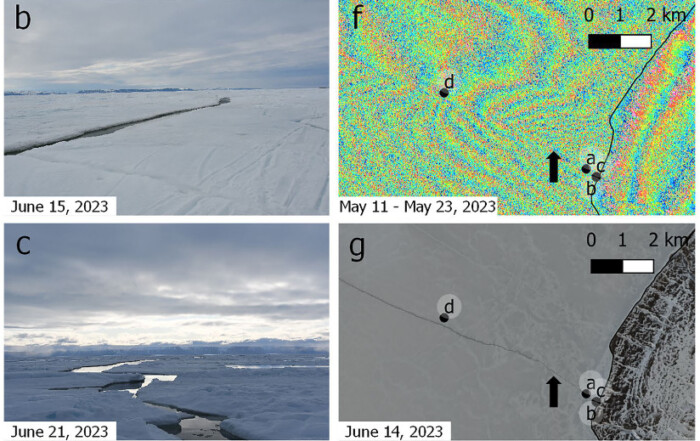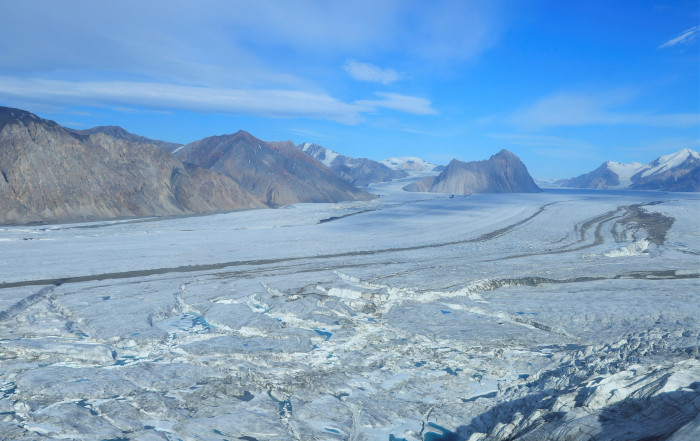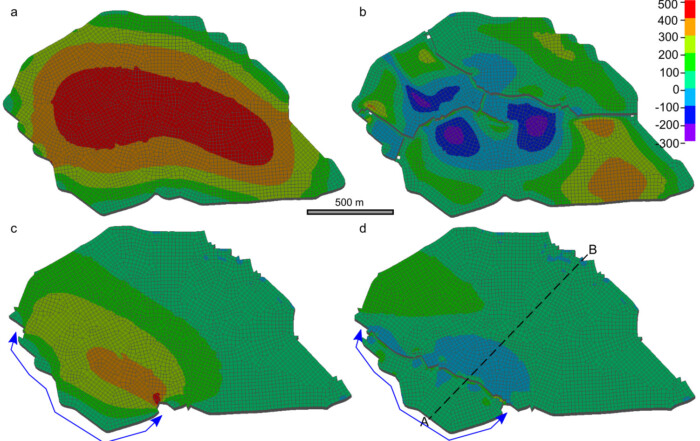Welcome to the Water and Ice Research Laboratory (WIRL)
Water in its liquid and solid phases is critically important to Canadian landscapes and ecosystems. Climate warming will modify many aspects of the hydrological cycle, leading to issues related to water quantity/quality, ecosystem services, cryospheric change and the resultant threat to northern infrastructure. As the impacts of climate change increase, our understanding of these processes must improve in order to provide managers with the best monitoring and modelling tools in an uncertain world. The overarching objective of WIRL is to create a cluster of research and training that is focused on aquatic and cryospheric environments and climate change impacts. We aim to improve scientific understanding of key hydrologic processes, and provide monitoring and modelling tools using a blend of field, laboratory and computing methods. Research at WIRL falls under two broad topical areas associated with Dr. Mueller and Dr. Richardson. Click here for a map of our current and past research sites.
Water 
- Threats to freshwater resources and aquatic ecosystem services in Canada
- Water-balance simulation in complex terrain
- Landscape limnology models for cumulative effects assessment
Ice 
- Impacts of climate change to extreme coastal ice features
- Changes in High Arctic ice shelves and the fiords they occupy
- Remote sensing techniques for ice island and cryospheric change detection
- Ice island/iceberg drift and deterioration
- Development of low-cost environmental monitoring systems
Latest News
New paper on identifying fractures in landfast sea ice now available!
Congratulations to PhD candidate Ada Loewen who just published a study in Canadian Journal of Remote Sensing that identified over 4000 fractures in the landfast sea ice of Admiralty Inlet. This paper describes a method [...]
PhD opportunity
We are seeking a PhD student with strong quantitative skills for an Arctic glacio-hydrology research project in the Water and Ice Research Laboratory (WIRL), Department of Geography and Environmental Studies, Carleton University, Ottawa, Canada. The [...]
Research on how ice islands deteriorate just published
A new paper that examines the role of the 'footloose' calving mechanism in ice islands was just published in the Journal of Glaciology. Jesse Smith, compared observed ice island calving events from the Canadian Ice [...]



